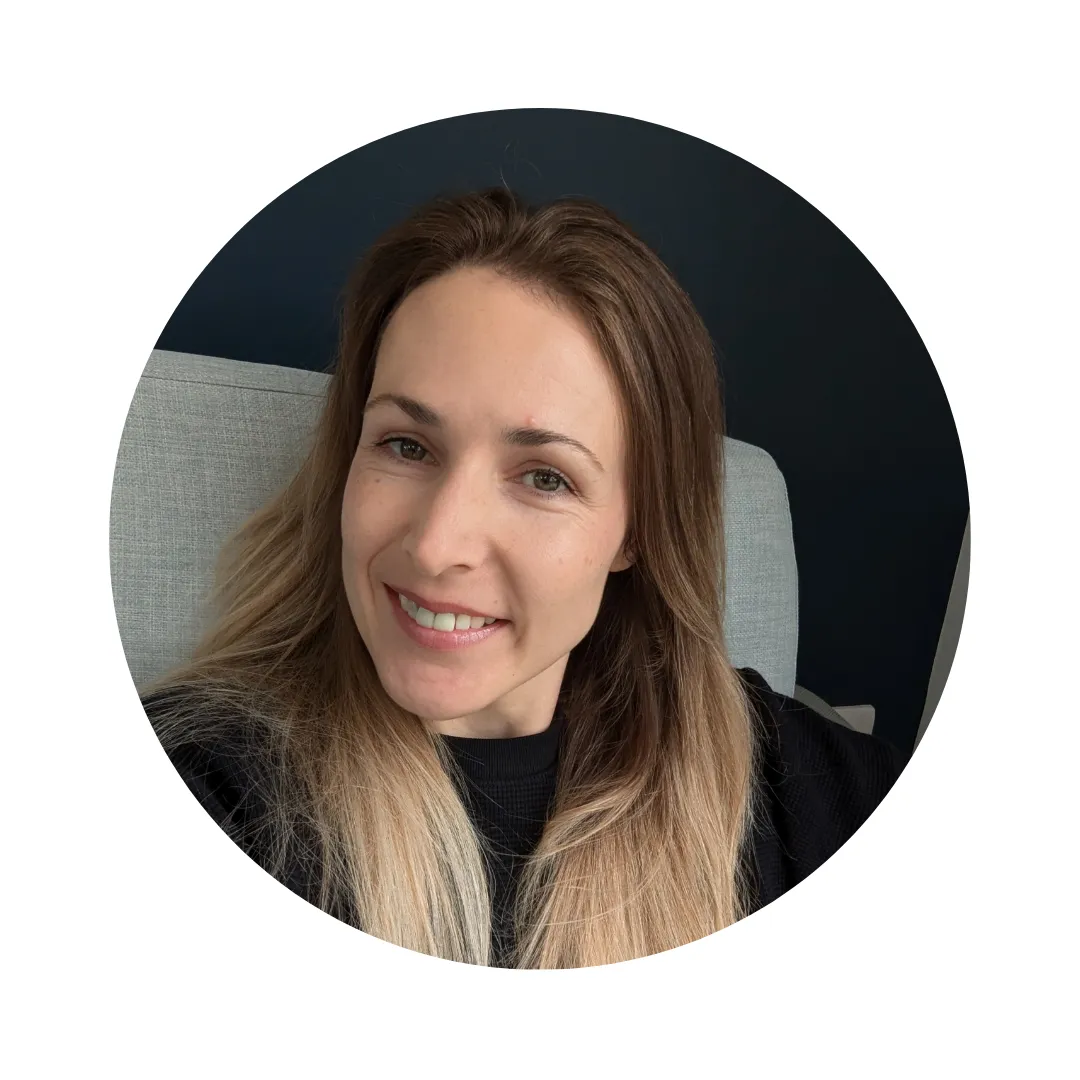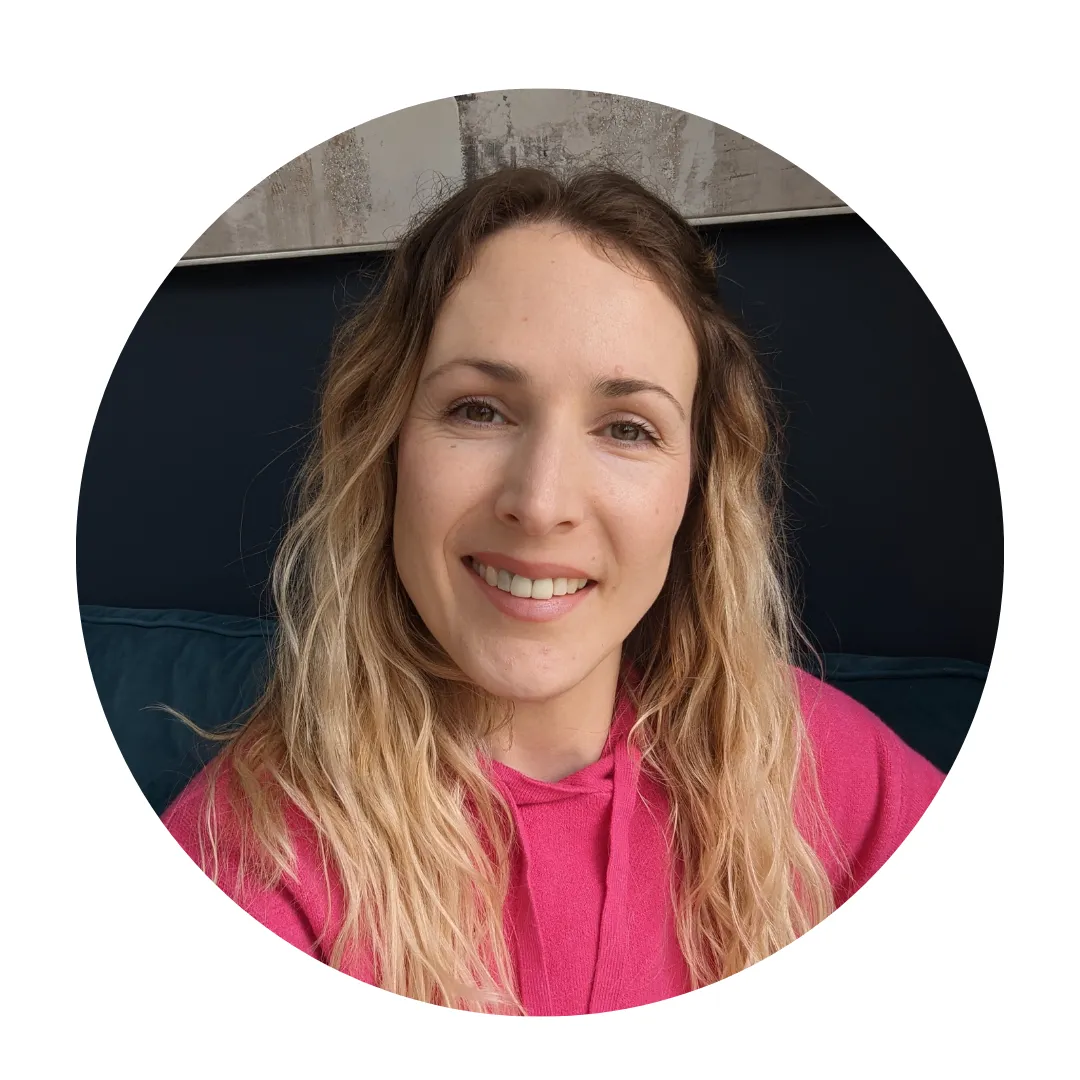About me
A different kind of support, from someone who truly gets it.

I'm Carly — an autism specialist, educator, and mentor. I work with autistic girls and women, their families, and the professionals who support them.
My approach is neuroaffirming, gentle, and rooted in lived experience. I don’t offer one-size-fits-all solutions. I meet you where you are, and help you move forward in a way that feels safe, respectful, and doable.

About Me
A different kind of support, from someone who truly gets it.
I'm Carly — an autism specialist, educator, and mentor. I work with autistic girls and women, their families, and the professionals who support them.
My approach is neuroaffirming, gentle, and rooted in lived experience. I don’t offer one-size-fits-all solutions. I meet you where you are, and help you move forward in a way that feels safe, respectful, and doable.
My Story
Professional and lived experience
I’ve spent years walking alongside autistic people — as a professional, and as someone who is autistic myself. I know what it’s like to mask, to burn out, to be misunderstood. And I know what it’s like to slowly reclaim your space in the world.
That understanding shapes everything I offer: calm, compassionate support that’s built for real life — not just theory.
My Background
A blend of formal training and real-world insight
Over the last 15+ years, I’ve worked across education, mental health, and autism support. I’ve led teams, trained professionals, supported families, and mentored autistic individuals across all stages of life.
I am a qualified teacher with a Masters (MEd) degree in autism and mental health. My work is informed by further training and continual learning from the autistic people I work with every day.
How I work
Compassionate, practical, and fully tailored to you
Whether I’m supporting a parent, mentoring a teen, child or adult, or training a staff team, I hold space for nuance. I don’t rush, pathologise, or assume. Instead, I listen. I offer tools that fit the person in front of me. I advocate for approaches that are sustainable, respectful, and grounded in what works — not just what’s expected.
What matters to me
Kindness. Clarity. Authenticity.
I believe support should:
Honour each person’s identity
Be free of judgment, pressure or urgency
Create space to be real, not just “resilient”
Focus on reducing distress, not increasing demands
Create something sustainable rather than quick fixes
Value and develop someone's strengths and interests
Be based on research, and trauma-informed and neuroaffirming practice

